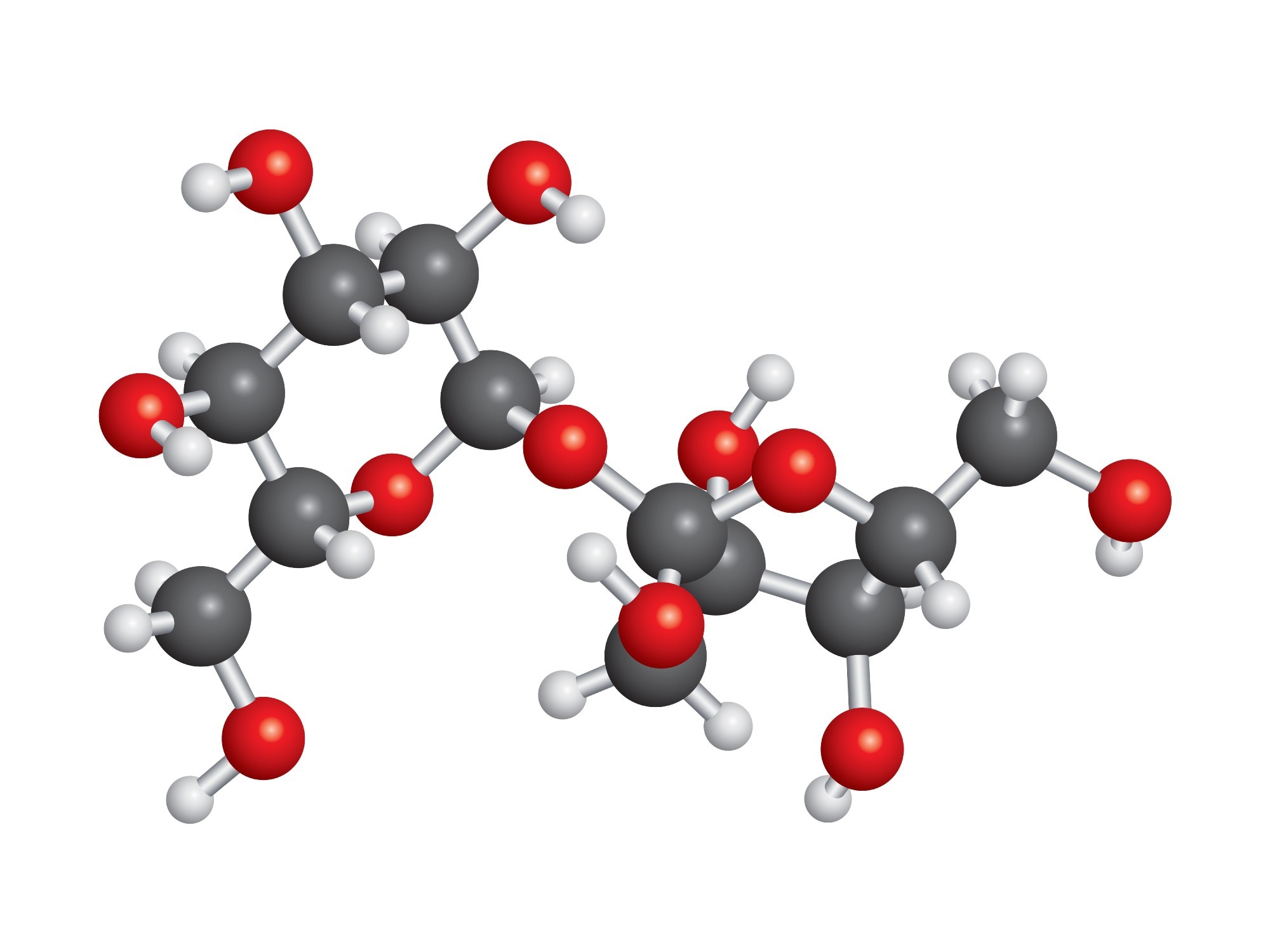Custom Polymers: Customized Solutions for Unique Applications
Exploring the Varied Applications and Benefits of Polymers in Different Industries
Polymers, with their varied range of buildings and functionalities, have actually come to be important in different markets, each gaining one-of-a-kind advantages from their application. From boosting security and efficiency in the auto market to changing medical tools in the health care market, polymers play a critical function.
Automotive Field Applications
Polymers play a pivotal function in boosting the performance and sturdiness of numerous elements within the vehicle market. These functional materials are extensively utilized in the production of various parts, ranging from indoor components to under-the-hood applications. One prominent usage of polymers in the auto sector is in the production of light-weight elements. By replacing conventional metal get rid of polymer-based options, automobiles can accomplish improved fuel efficiency without jeopardizing on strength or safety.

Healthcare Industry Benefits
In different health care applications, the benefits of using polymers are extensively recognized for their diverse series of useful residential or commercial properties. Polymers play a crucial role in the medical care industry as a result of their adaptability, biocompatibility, and cost-effectiveness. Among the key benefits of polymers in medical care is their capability to be customized to specific requirements, such as adaptability, durability, and biodegradability, making them ideal for a large range of medical applications.
Polymer-based products are thoroughly used in clinical devices, such as catheters, implants, prosthetics, and medication shipment systems, as a result of their biocompatibility and capability to resemble natural tissues. These materials can reduce the risk of allergies or denials, improving person security and end results. Additionally, polymers are light-weight, making them suitable for wearable clinical gadgets and making certain individual convenience.
Moreover, polymers make it possible for the development of innovative therapy methods, such as hydrogels for tissue engineering and nanocomposites for targeted drug shipment. Their convenience of processing and sterilization makes them necessary for preserving high requirements of hygiene in health care setups. Overall, the diverse benefits of polymers add dramatically to developments in medical innovation and patient treatment.
Environmental Benefits of Polymers

Additionally, polymers can add to energy cost savings because of their light-weight nature. In markets such as transport, light-weight polymer materials can assist reduce gas consumption and greenhouse gas emissions. In addition, polymers can enable the development of energy-efficient products such as insulation materials that boost energy conservation in structures.
Additionally, polymers play an important duty in minimizing water pollution. As an example, the use of polymer-based filtration systems can efficiently remove pollutants and contaminants from wastewater, safeguarding water sources and environments. Overall, the environmental advantages of polymers make them beneficial assets in promoting sustainability and green methods across numerous markets.
Polymers in Electronics and Modern Technology
Taking into consideration the increasing need for cutting-edge and sustainable services in modern-day industries, the combination of advanced polymer technologies in the world of electronic devices and innovation has actually become a pivotal approach for driving effectiveness and performance. Polymers have actually revolutionized the electronics market by enabling the production of lighter, a lot more adaptable, and sturdy electronic gadgets. From smartphones to clinical tools, polymers original site play a critical function in enhancing item design and capability.
One substantial advantage of polymers in electronics is their shielding properties, which assist secure fragile electronic elements from environmental elements and electric interference. Furthermore, polymers are essential in the growth of flexible display screens, wearable innovation, and published electronic devices, offering unlimited opportunities for developing clever and interconnected gadgets.
In addition, using polymers in electronic product packaging has actually brought about improvements in miniaturization and thermal management, boosting the general performance and integrity of electronic systems. As innovation continues to develop, the flexibility and adaptability of polymers will most certainly drive additionally development in the electronic devices market, forming the future of innovation.
Duty of Polymers in Building and Facilities
Polymers provide many benefits in the building market due to their convenience, toughness, and cost-effectiveness. One crucial duty of polymers in building look here and construction is their use in finishings and sealers, giving defense against ecological aspects such as dampness, UV radiation, and deterioration.
In addition, polymers play a critical function in lasting building methods by allowing the advancement of energy-efficient structures. Insulating materials made from polymers assist manage interior temperatures, minimizing the requirement for home heating and cooling systems and eventually lowering energy consumption. The use of polymer-based compounds in infrastructure projects such as bridges and roads boosts their durability and lowers upkeep expenses. Generally, the consolidation of polymers in building and framework showcases their significant influence on modern engineering methods.
Final Thought
Finally, polymers play a crucial role in various markets such as vehicle, medical care, environmental, electronic devices, and building and construction. Their versatile buildings make them important in developing innovative remedies and products. From boosting gas performance in vehicles to improving medical devices, polymers offer countless benefits. Furthermore, their influence on minimizing waste and advertising sustainability highlights their importance in modern applications. The widespread use polymers shows their significant payment to progressing innovation and enhancing lifestyle.